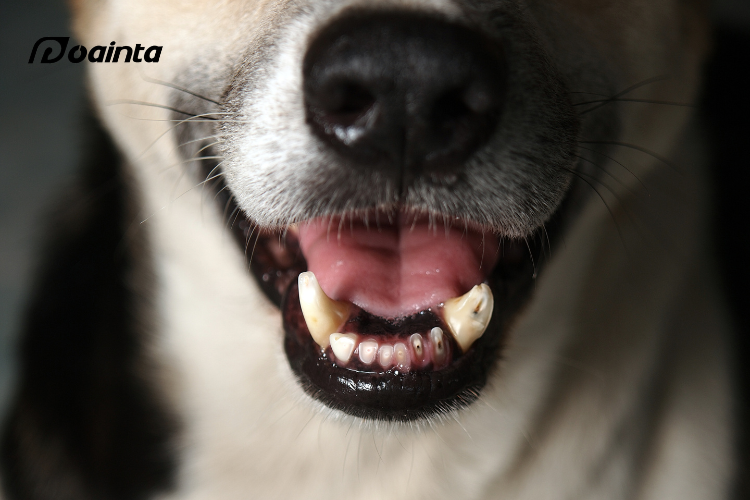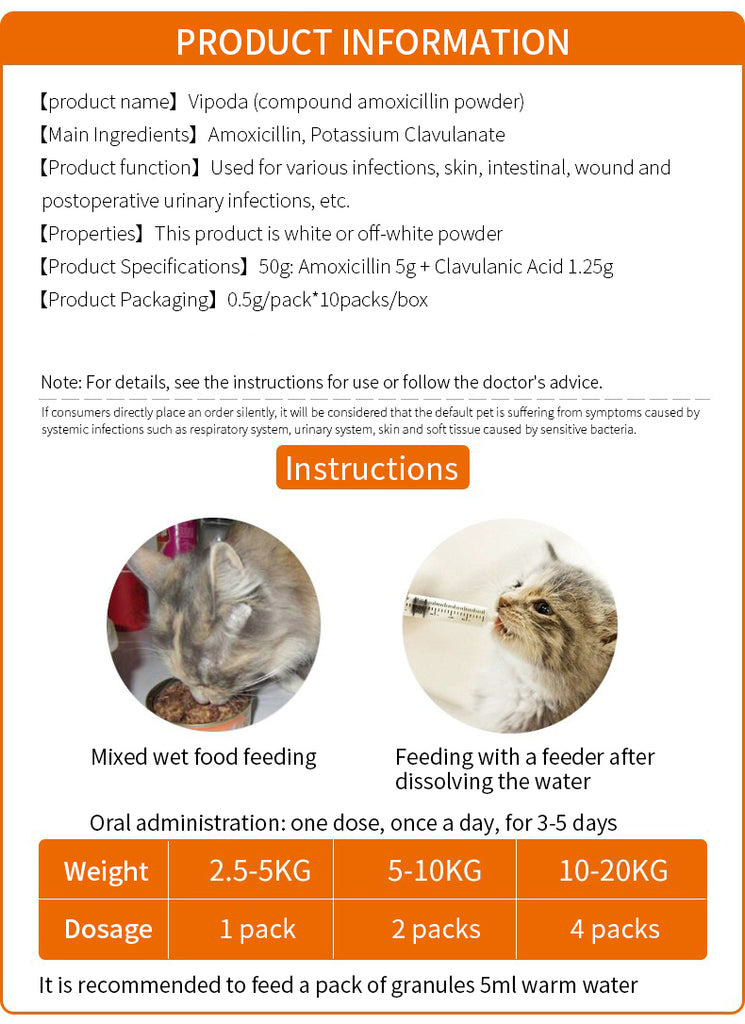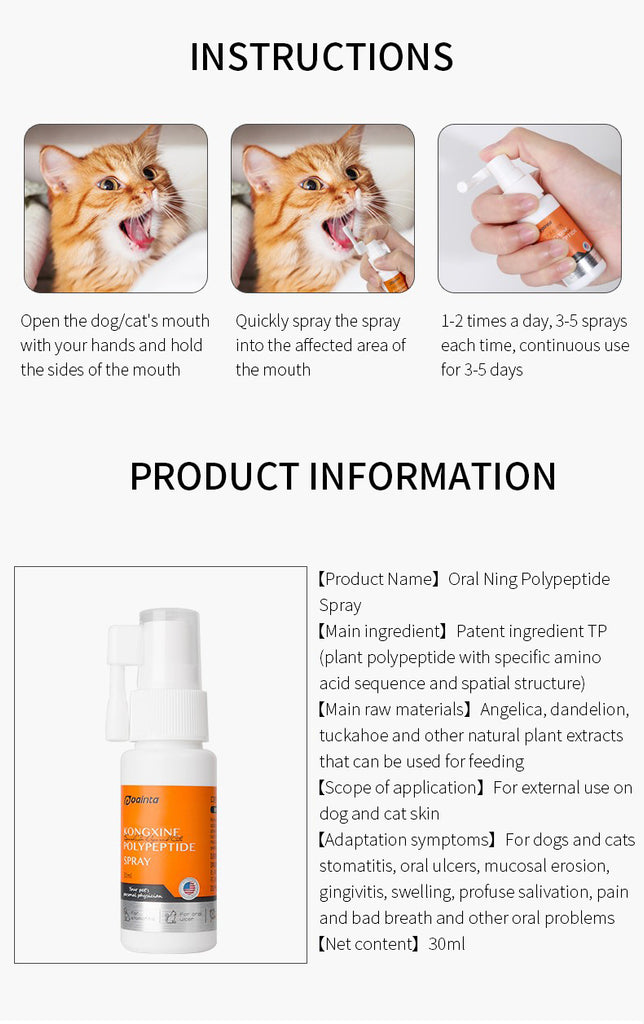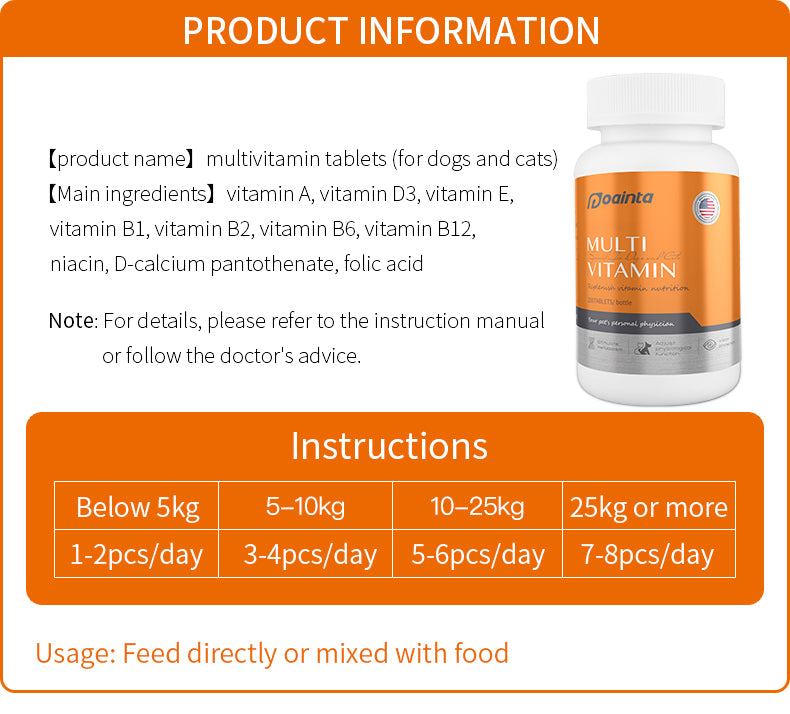What if my pet has a gum disease?
Aug 03,2022 | puaintapets
Gingivitis in dogs is an inflammation of the gums and the early stage of a gum disease called periodontal disease. It’s very common in dogs and is treatable. Although, if left untreated, it can develop into advanced periodontal disease, which can lead to teeth loss.
Luckily, gum disease is treatable and preventable! Because gum disease has such severe consequences, it is important to get your pet the care that he needs.

1, The treatment of Gum Disease
(1) Conservative treatment with medication
For dogs with mild gingivitis symptoms and not serious symptoms, they can be treated conservatively. For dogs with dental calculus, the owner needs to take it to a regular pet hospital for oral and dental cleaning and scaling. In order to avoid infection, antibiotics need to be used during this period of treatment. For example, Antibacterial and Anti-inflammatory for Dogs & Cats are specially used for dogs and cats. This has a strong killing effect on common bacteria such as staphylococcus and streptococcus that cause gingivitis in dogs. The pet owner can feed the dog once a day for 3-5 days according to the dog's weight and medication instructions.
If the dog's bad breath and swollen gums are obvious, you need to use Oral Spray, which can effectively relieve the symptoms of gingival swelling, pain, bad breath, drooling and other symptoms caused by dog gingivitis. It has two mucosal repair technologies to quickly relieve oral damage. Use 1-2 times a day for 3-5 days, depending on the severity of your dog's gingivitis.
(2) Surgery: If the dog's gums and tooth supporting tissues have been severely damaged, and severe gingivitis, surgery is required as soon as possible to give him better treatment. Medication therapy has been difficult to control his condition, and he suffers from severe gingivitis. In order to prevent the dog from re-infection or the appearance of the disease after the surgery, it also needs to undergo a period of careful care, such as tooth cleaning, antibiotics, other medication and nutritional supplements.
2, The Prevention of Gum Disease
(1) Regularly clean the dog's teeth: The owner needs to regularly brush the dog's teeth with a special toothpaste for dogs, so that it can gradually develop the habit of brushing its teeth. At least brush the dog's teeth 1-2 times a week, or you can buy a Oral cleaning products for dogs to clean.
(2) Removal of the dog's residual teeth: If the owner finds that the dog has a double dentition in the dog's mouth during the replacement of the dog's teeth, it is necessary to take the dog to the hospital to remove it as soon as possible to prevent the dog from abnormally biting and other hidden dangers.
(3) Use a molar stick for your dog: Because dogs like to bite, if they accidentally bite a sharp object, it is likely to leave a wound. If the wound is not detected and treated in time, it may cause gingivitis. Using the molar stick can help dogs clean the mouth at the same time.
(4) Reasonable and healthy diet: The dog must have a balanced diet. Do not give it too soft and too sticky food. These foods are easy to remain on the dog's teeth. It is also a hidden danger if it is not cleaned for a long time. Various elements need to be supplemented. Long-time lack of vitamins in dogs can also lead to gingivitis in dogs. You can use Multivitamin to supplement vitamins such as vitamin B and vitamin E for dogs, which will help promote mucosal repair and enhance mucosal immunity.
(5) Regularly check the dog and remove tartar: It is recommended that the owner should take his dog to a pet hospital for an examination every six months, so as to find out the dog's oral problems in time and deal with it in time.
Q: Can the Multivitamin be fed every day?
A: Yes, it be fed directly or be fed with food every day. - From Vet in Puainta






